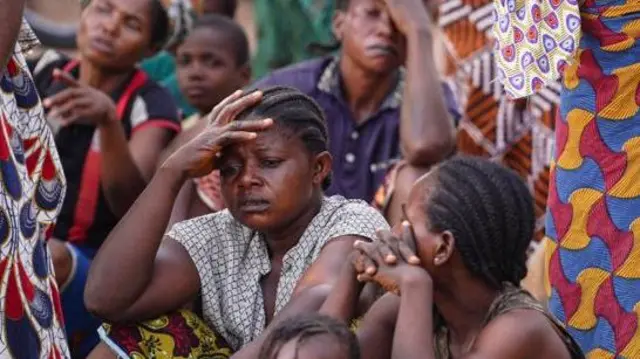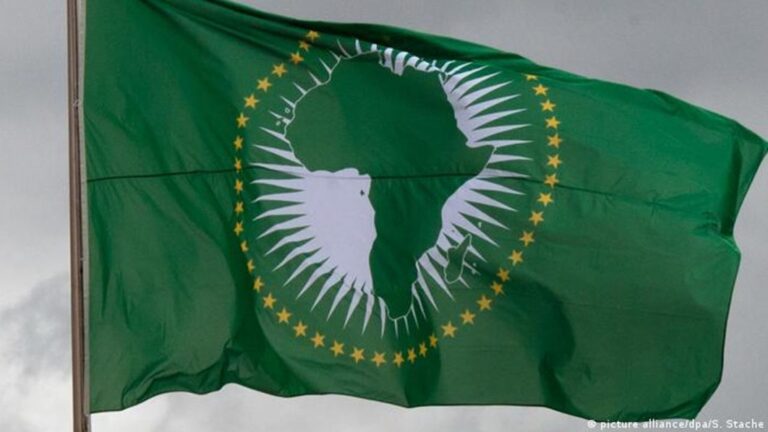
Benue survivors mourn as they confront the fallout of the Yelewata massacre, a brutal attack that claimed at least 100 lives in central Nigeria. The violence erupted on the night of June 13, 2025, in Yelewata—a farming community in Guma Local Government Area of Benue State—when armed men stormed homes and market shelters. Government sources confirmed the death toll and described the event as one of the deadliest episodes in this year’s escalating Benue farmer-herder conflict
The Night of Terror: Yelewata Massacre Unfolded
The Yelewata massacre began late Friday night as gunmen on motorcycles and on foot moved quickly through the village. They opened fire on sleeping families and torched market shelters used as makeshift homes. At least 100 bodies were found, many burned beyond recognition, amid charred food crops and personal belongings .
Despite the severity, no arrests were reported in the immediate aftermath.
Immediate Aftermath and Humanitarian Fallout
The next day, Benue survivors mourn in makeshift mass graves under trees. The National Emergency Management Agency (NEMA) and humanitarian groups began assisting over 3,000 displaced villagers Many remain in schools and churches nearby, lacking shelter, food, or proper sanitation.
Pregnant market trader Talatu Agauta returned to find her rice stock destroyed. She affirmed:
“I came back and even if I die here, I don’t mind.”
President Orders Security Crackdown After Yelewata Massacre
On June 18, President Bola Tinubu condemned the Yelewata massacre and instructed security forces to track down and bring the perpetrators to justice He visited Makurdi, the state capital, meeting victims and demanding swift action, asking police why no arrests had been made days later
Tinubu said:
“We will restore peace, rebuild, and bring the perpetrators to justice. You are not alone.”
Benue State Authorities Respond
Benue Governor Hyacinth Alia has decried the violence, calling the attacks acts of terrorist misuse masked as herder-farmer clashes. He has pushed for the federal government to reclassify such attacks as terrorism.
Local vigilantes have mobilized, but law enforcement and military forces remain overwhelmed by the scale and spread of the violence.
Historical Context: The Benue Farmer-Herder Conflict
This massacre reflects a broader, long-standing Benue farmer-herder conflict driven by competition over land, water, and grazing access. In the month leading up to Yelewata, over 160 people—including two soldiers and a police officer—were killed across Benue in related incidents.
Between June 1–13, at least 145 people died in various attacks in the state, underlining the relentless cycle of violence . Cumulative estimates suggest around 6,896 people have died statewide since 2023.
Voices on the Ground Amid Yelewata Massacre Grief
Rural communities like Yelewata are reeling. Survivors report being caught flat-footed by sudden attacks late at night. Local vigilante units are underfunded and ill-equipped to fend off motorcycle-riding gunmen.
Religious and civil society leaders have called for better intelligence sharing and community-based policing. They argue the federal response must extend beyond condemnation.
Humanitarian and Security Impacts
The aftermath of the Yelewata massacre has created an urgent humanitarian crisis. Displaced families are struggling. NEMA and NGOs are distributing food, water, and medical supplies, but aid continues to arrive slowly.
Security operations have intensified with military reinforcements expected. But locals say the perpetrators often vanish before forces can intervene.
Calls for Justice and Policy Reform
Activists have demanded transparent investigations and accountability. They point to a pattern of unchecked impunity after past massacres in Agatu (2016) and Ukum (2025).
Groups like Amnesty International and HURIWA urge the government to implement stricter enforcement of anti-open grazing laws and invest in peaceful conflict resolution .
What Lies Ahead for Benue
For Benue to heal, analysts say the government must:
- Conduct transparent, rapid investigations and prosecute attackers.
- Deploy permanent community security units with state support.
- Enforce grazing restrictions and explore ranching alternatives.
- Launch trauma counseling for survivors.
- Strengthen local intelligence networks to preempt attacks.



